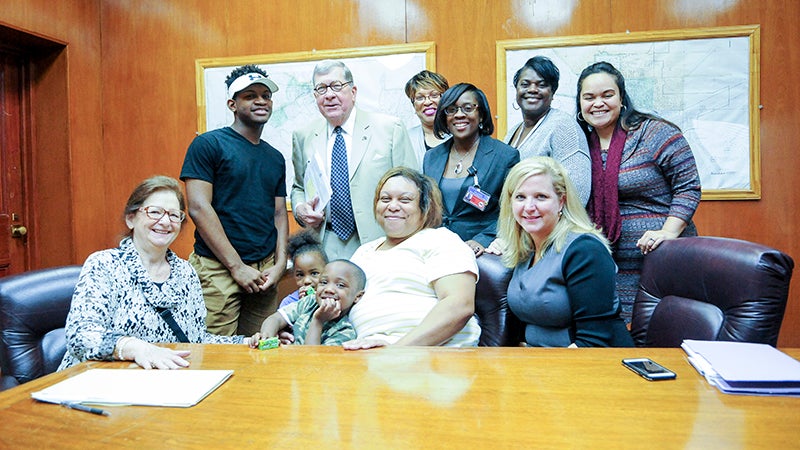Strange wants to look at civil rights cold cases
Published 11:28 pm Monday, January 31, 2011
MONTGOMERY — New Alabama Attorney General Luther Strange isn’t ready to give up on prosecuting cases linked to killings and other mistreatment during the civil rights movement.
Strange said one of his priorities is to determine if there are “cold cases” that could still be prosecuted from the days when Alabama was segregated.
Strange, speaking with reporters last week, said the clock is running down on such cases because many of them date to the 1950s and 1960s or earlier, and witnesses and victims have died or are in poor health. Strange said he would like to see those who committed these crimes brought to justice.
“As long as there’s someone still out there, justice needs to be done,” Strange said. “If we can get our hands on them we will.”
That’s good news to Michael Jackson, who serves as district attorney in several counties in mostly black southwest Alabama, where some unsolved civil rights cases are still pending.
Jackson pursued murder charges in Perry County against former Alabama state trooper James Bonard Fowler in the death of a black man, 26-year-old Jimmie Lee Jackson, who was shot during a protest in Marion in 1965. Fowler was charged with murder in 2007 and last year pleaded guilty to a reduced charge of second-degree manslaughter after Jackson spent three years trying to bring the case to trial.
Jackson, who met with Strange recently to discuss old civil rights cases, applauded efforts to bring additional cold cases to trial. Jackson said there are two cold cases in Wilcox County that could be reopened.
One is the death of Rodell Williamson of Camden, whose body was found in the Alabama River in 1961 after it snagged on a fisherman’s line. Williamson was active in the local NAACP chapter, but authorities at the time said there were no signs of foul play.
Another cold case, Jackson said, was the death of 16-year-old Archie Wooden, who bled to death after either jumping or falling onto a cut sapling in a ditch in 1967. While the case sounded like an accidental death at the time, Jackson said foul play could be involved.
The FBI has in recent years reopened investigations of some cold cases from the civil rights era. FBI agent Dana Gillis of Huntsville said the agency will cooperate with Strange.
Strange also has met with Richard Cohen, the president of the Montgomery-based Southern Poverty Law Center, which keeps records on deaths where civil rights violations might have been involved. Cohen said some of those cases involve incidents where “African-Americans were killed under mysterious circumstances.”
Cohen said the center has turned files over to the FBI and would share information with the attorney general’s office.
“He has the opportunity to help us leap forward” in the investigation of cold cases, Cohen said.
The Alabama Attorney General’s Office has played a part in opening civil rights cold cases in the past.
Former Attorney General Bill Baxley opened investigations of several civil rights era bombings of Birmingham churches and was the lead prosecutor in the 1977 prosecution of former Klansman Robert Chambliss for the 1963 bombing of Birmingham’s 16th Street Baptist Church that killed four black girls.
More than 20 years later, then-Attorney General Bill Pryor was involved in reopening the investigation, leading to the convictions of former Klansmen Tommy Blanton and Bobby Frank Cherry.


